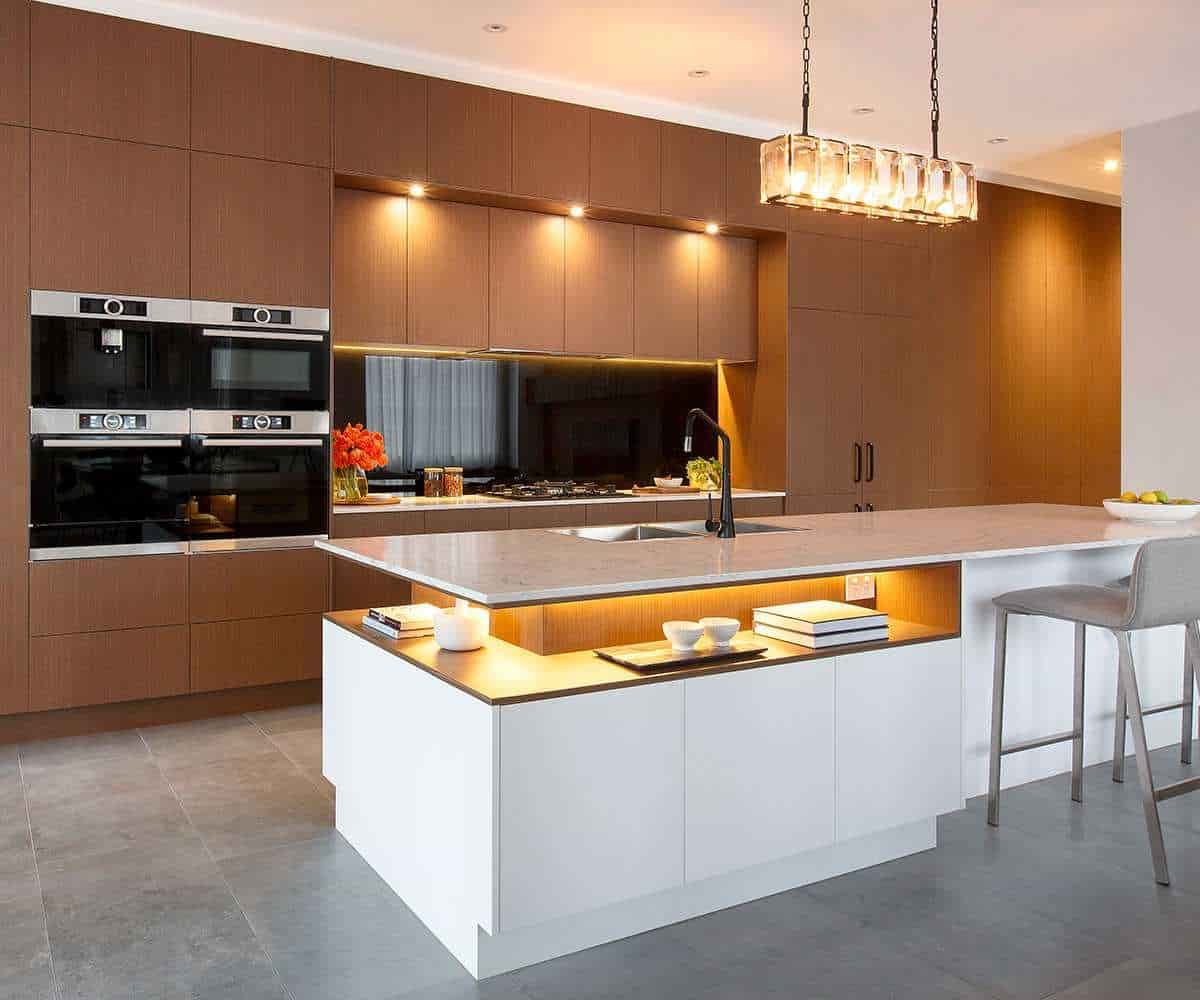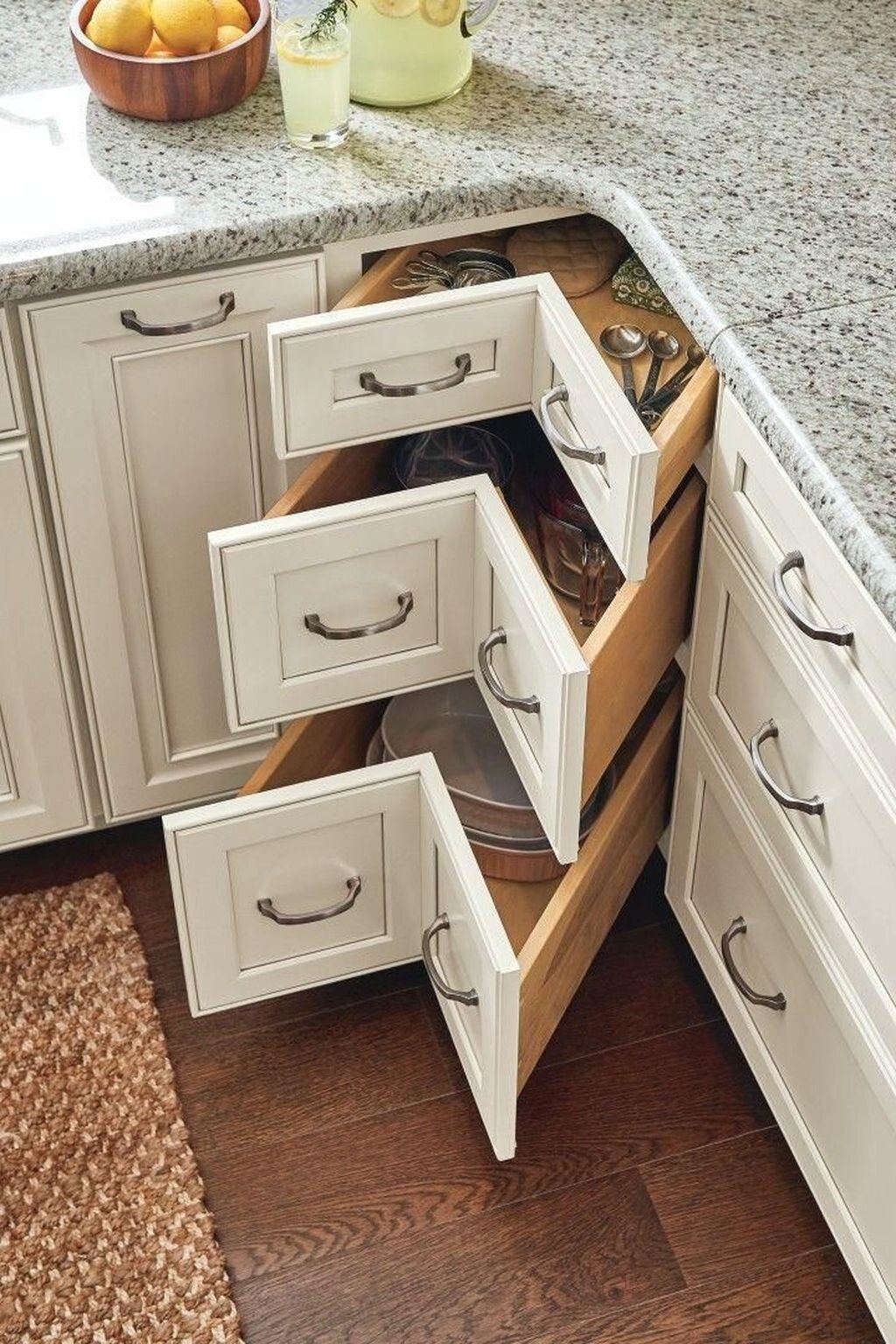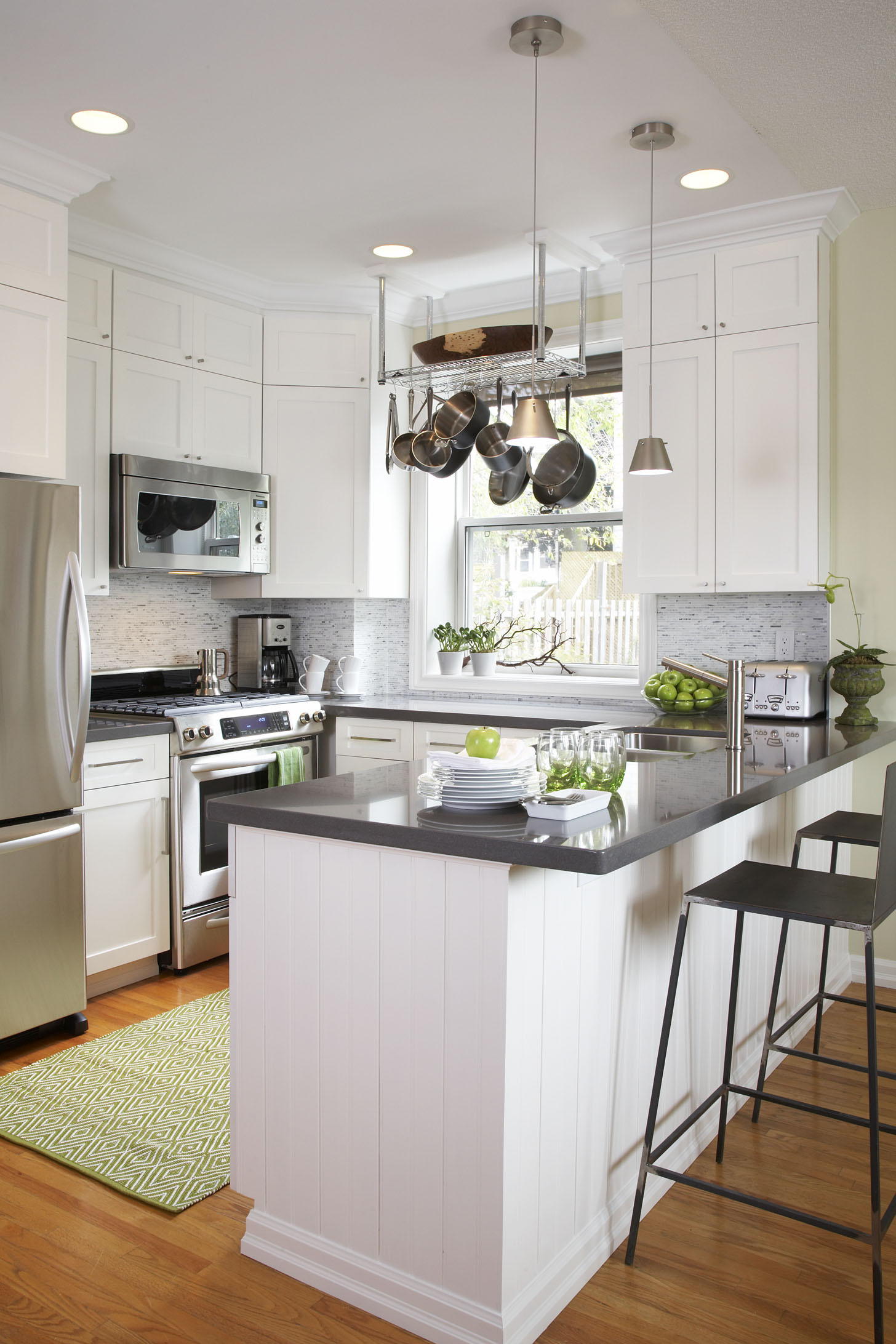Are you passionate about design and have a love for cooking? Then becoming a kitchen designer may be the perfect career path for you. Kitchen designers work with clients to create functional and beautiful spaces that meet their needs and reflect their personal style. If you're interested in pursuing this career, here are the steps you need to take to become a kitchen designer.1. How to Become a Kitchen Designer
The first step to becoming a kitchen designer is to obtain a degree in interior design, architecture, or a related field. While not always required, having a formal education will give you a strong foundation in design principles and techniques. Many colleges and universities offer programs specifically in kitchen and bath design, which can be beneficial in this field. Next, it's important to gain experience through internships or entry-level positions in the design industry. This will give you the hands-on experience and skills needed to succeed as a kitchen designer. Additionally, consider obtaining certification from a professional organization such as the National Kitchen and Bath Association (NKBA) to showcase your expertise and credibility.2. Steps to Becoming a Kitchen Designer
As mentioned, a degree in interior design, architecture, or a related field is typically required for a career as a kitchen designer. These programs will teach you the fundamentals of design, including space planning, color theory, and drafting. You'll also learn about building codes, materials, and construction techniques. In addition to formal education, on-the-job training and experience are crucial for success as a kitchen designer. You may start out as an assistant or junior designer, working under the guidance of a more experienced designer. This will give you the opportunity to learn about the industry, work with clients, and develop your skills.3. Education and Training for Kitchen Designers
After gaining education and experience, you can choose to work for a design firm, a kitchen and bath showroom, or start your own business. Working for a firm or showroom will give you the opportunity to work with a variety of clients and projects, while starting your own business will allow you to have more creative control and set your own hours. As you gain experience and build your portfolio, you may also consider specializing in a specific area of kitchen design, such as sustainable design, universal design, or luxury kitchen design.4. Career Path for Kitchen Designers
Aside from education and training, there are certain skills and qualifications that are essential for a successful career as a kitchen designer. These include strong communication and interpersonal skills, as you'll be working closely with clients and collaborating with contractors and other professionals. Attention to detail, problem-solving abilities, and creativity are also important in this field. In addition, proficiency in design software such as AutoCAD, SketchUp, and Adobe Creative Suite is necessary for creating detailed plans and presentations for clients.5. Skills and Qualifications for Kitchen Designers
The job outlook for kitchen designers is promising, with a projected growth rate of 4% from 2019-2029 according to the Bureau of Labor Statistics. This growth can be attributed to the increasing demand for home renovations and the trend towards open-concept living spaces. However, competition in the field is strong, so it's important to gain education, experience, and certification to stand out in the job market.6. Job Outlook for Kitchen Designers
The salary for kitchen designers can vary depending on factors such as location, experience, and type of employer. According to the NKBA, the average salary for an entry-level kitchen designer is around $42,000, while experienced designers can earn upwards of $80,000. Benefits may include health insurance, retirement plans, and paid time off.7. Salary and Benefits for Kitchen Designers
If you're just starting out in the field, here are some tips to help you succeed as a kitchen designer: • Develop a strong portfolio: Your portfolio is a representation of your skills and style, so make sure it showcases your best work and is tailored to the type of clients and projects you want to attract. • Stay up-to-date on industry trends: The design industry is constantly evolving, so it's important to stay current with the latest trends and technologies. • Network: Building relationships with other professionals in the industry, such as contractors and suppliers, can lead to job opportunities and referrals.8. Tips for Starting a Career as a Kitchen Designer
Networking is an important part of any career, and kitchen design is no exception. Joining professional organizations such as the NKBA, attending industry events, and participating in online communities can help you connect with other professionals and stay informed about the latest trends and opportunities in the field.9. Networking and Professional Organizations for Kitchen Designers
Here are some additional resources to help you on your journey to becoming a kitchen designer: • NKBA.org: The National Kitchen and Bath Association offers certification, networking opportunities, and resources for kitchen and bath professionals. • Houzz.com: This website is a great resource for inspiration and connects homeowners with design professionals. • Kitchen & Bath Design News: This trade publication provides industry news, trends, and tips for kitchen and bath design professionals. Becoming a kitchen designer takes hard work, dedication, and a passion for design. But with the right education, experience, and skills, you can turn your love for cooking and design into a fulfilling career.10. Resources for Becoming a Kitchen Designer
The Importance of Kitchen Design in House Design
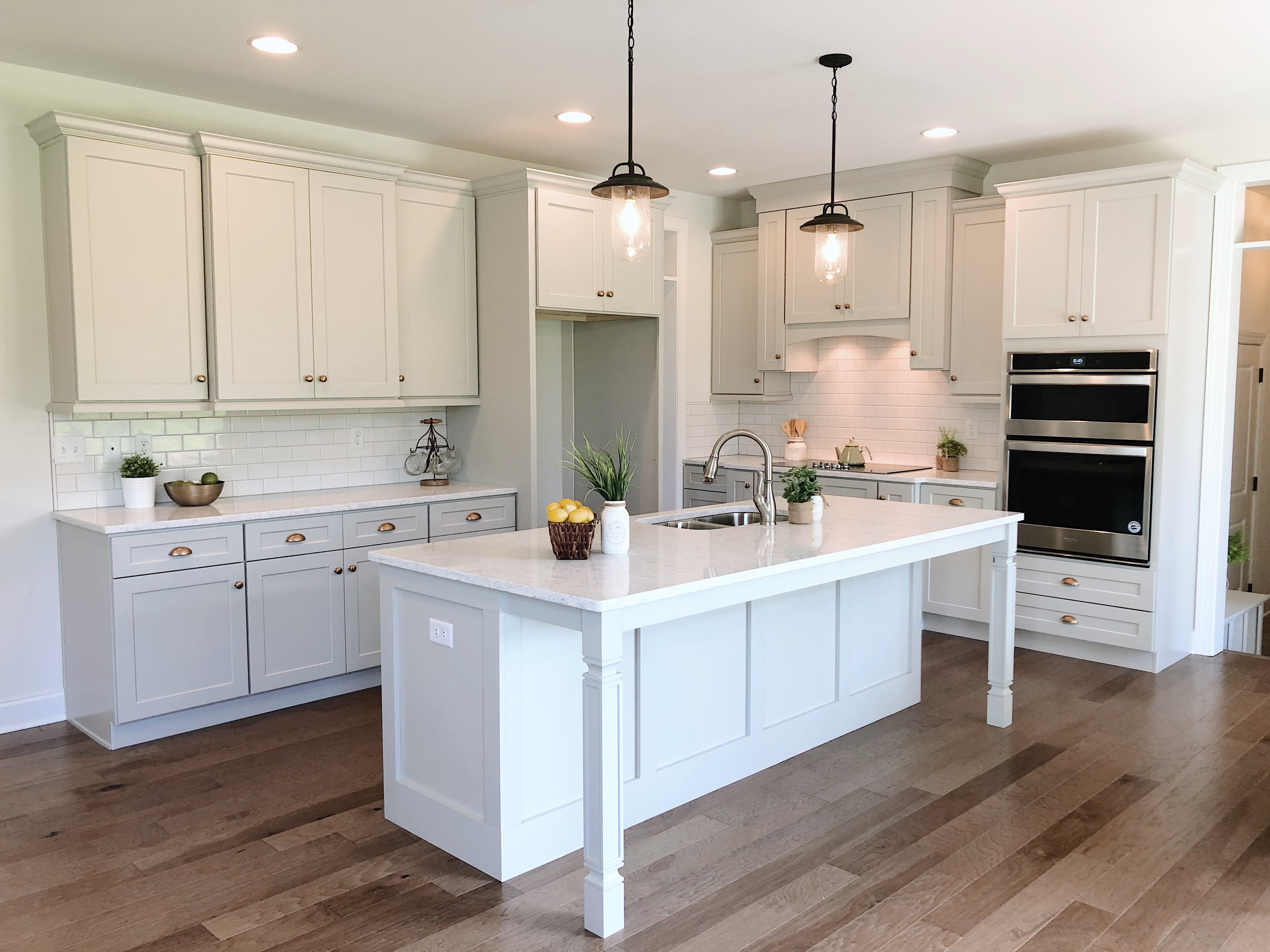
Why a Kitchen Designer is Essential for a Well-Designed Home
 Kitchen design is a crucial aspect of house design and can make or break the functionality and aesthetic appeal of a home. Your kitchen is the heart of your living space and is where you spend a significant amount of time cooking, entertaining, and bonding with your loved ones. Therefore, it's essential to have a well-designed kitchen that not only meets your functional needs but also reflects your personal style and enhances the overall look of your home. This is where a kitchen designer comes in.
A kitchen designer is a trained professional who specializes in creating beautiful and functional kitchen spaces that meet the specific needs and preferences of their clients.
Kitchen design is a crucial aspect of house design and can make or break the functionality and aesthetic appeal of a home. Your kitchen is the heart of your living space and is where you spend a significant amount of time cooking, entertaining, and bonding with your loved ones. Therefore, it's essential to have a well-designed kitchen that not only meets your functional needs but also reflects your personal style and enhances the overall look of your home. This is where a kitchen designer comes in.
A kitchen designer is a trained professional who specializes in creating beautiful and functional kitchen spaces that meet the specific needs and preferences of their clients.
The Benefits of Hiring a Kitchen Designer
 While it may seem tempting to design your own kitchen, the benefits of hiring a professional kitchen designer are numerous. Firstly, a kitchen designer has the knowledge and expertise to optimize the layout and functionality of your kitchen, making the most of the available space and ensuring that all your needs are met.
They also have access to a wide range of resources and materials that may not be available to the general public, allowing them to create a truly unique and customized kitchen design.
Additionally, a kitchen designer can help you stay within your budget and avoid costly mistakes, saving you time and money in the long run.
While it may seem tempting to design your own kitchen, the benefits of hiring a professional kitchen designer are numerous. Firstly, a kitchen designer has the knowledge and expertise to optimize the layout and functionality of your kitchen, making the most of the available space and ensuring that all your needs are met.
They also have access to a wide range of resources and materials that may not be available to the general public, allowing them to create a truly unique and customized kitchen design.
Additionally, a kitchen designer can help you stay within your budget and avoid costly mistakes, saving you time and money in the long run.
The Process of Working with a Kitchen Designer
 Working with a kitchen designer is a collaborative process that involves understanding your needs, preferences, and budget. The designer will take into consideration the size and layout of your kitchen, as well as your lifestyle and cooking habits, to create a personalized design that meets all your requirements.
They will also offer expert advice on the latest trends and innovations in kitchen design, as well as provide 3D renderings and mock-ups to help you visualize the final result.
Once the design is finalized, the kitchen designer will work with contractors and suppliers to oversee the installation and ensure that everything is executed according to plan.
Working with a kitchen designer is a collaborative process that involves understanding your needs, preferences, and budget. The designer will take into consideration the size and layout of your kitchen, as well as your lifestyle and cooking habits, to create a personalized design that meets all your requirements.
They will also offer expert advice on the latest trends and innovations in kitchen design, as well as provide 3D renderings and mock-ups to help you visualize the final result.
Once the design is finalized, the kitchen designer will work with contractors and suppliers to oversee the installation and ensure that everything is executed according to plan.
In conclusion,
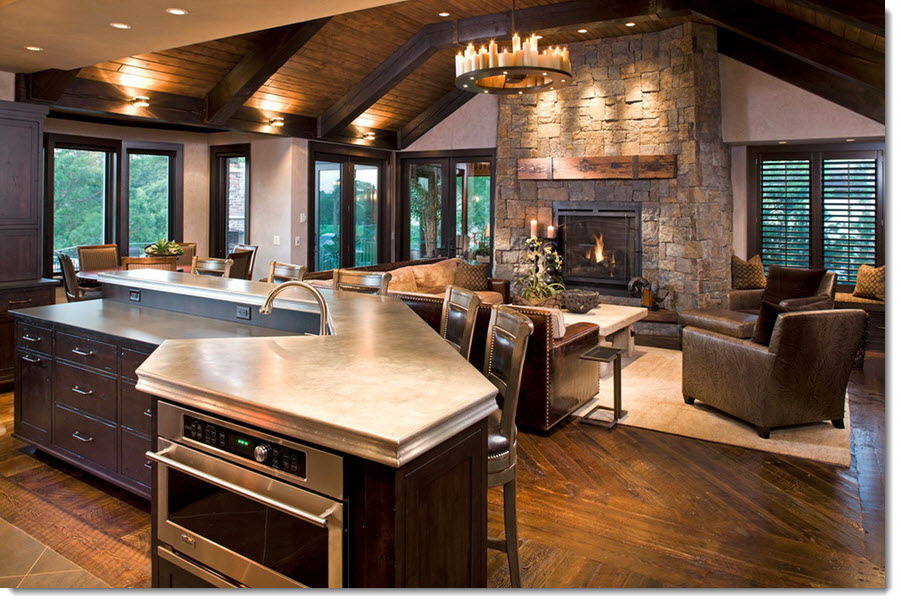 a well-designed kitchen is an essential element of a well-designed home. With the expertise and guidance of a professional kitchen designer, you can create a space that not only meets your functional needs but also reflects your personal style and enhances the overall look and feel of your home. So if you're planning a house design or looking to renovate your kitchen, consider hiring a kitchen designer to bring your dream kitchen to life.
Investing in a kitchen designer will not only add value to your home, but it will also make your daily life more enjoyable and efficient.
a well-designed kitchen is an essential element of a well-designed home. With the expertise and guidance of a professional kitchen designer, you can create a space that not only meets your functional needs but also reflects your personal style and enhances the overall look and feel of your home. So if you're planning a house design or looking to renovate your kitchen, consider hiring a kitchen designer to bring your dream kitchen to life.
Investing in a kitchen designer will not only add value to your home, but it will also make your daily life more enjoyable and efficient.



:max_bytes(150000):strip_icc()/helfordln-35-58e07f2960b8494cbbe1d63b9e513f59.jpeg)










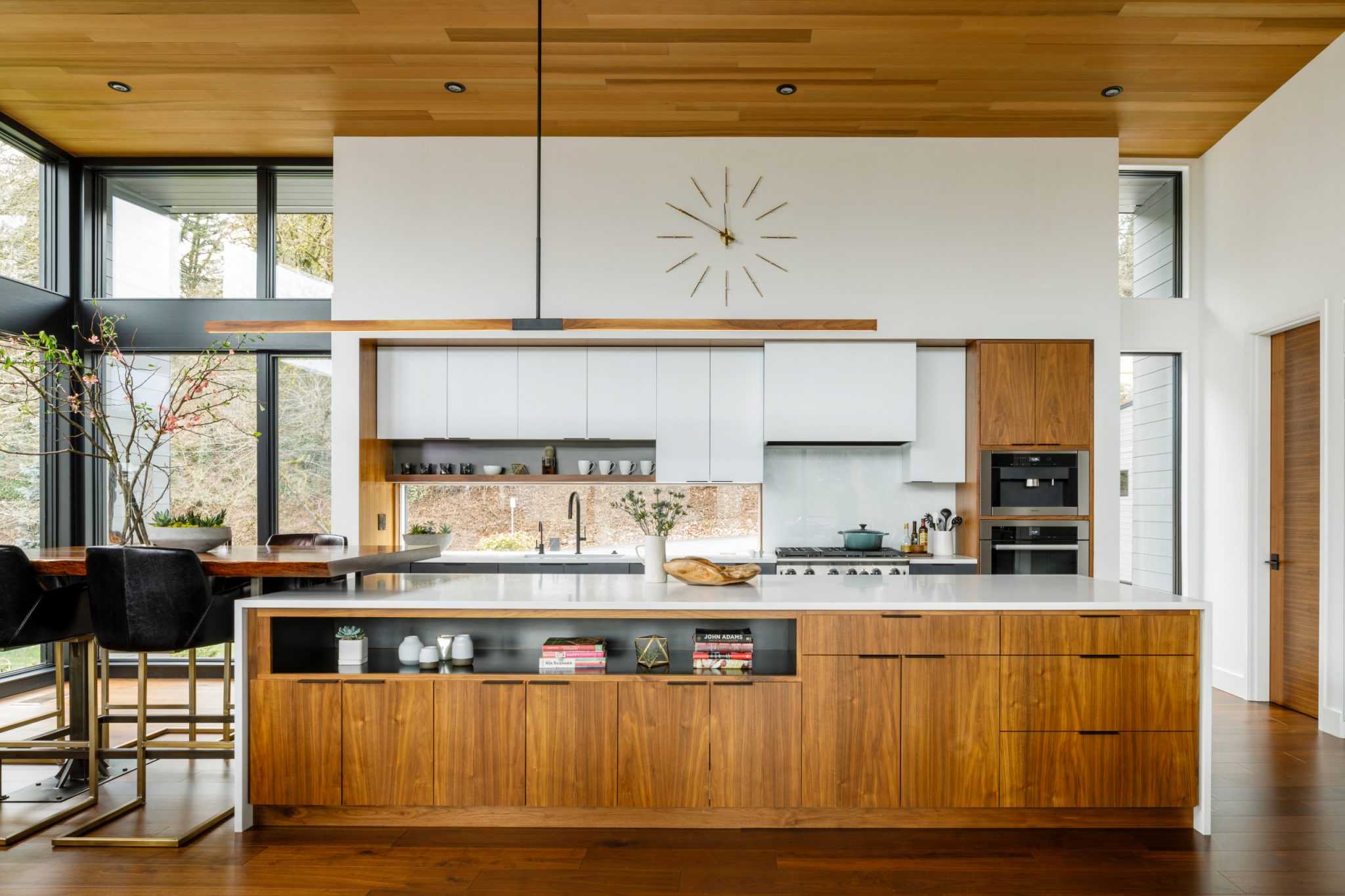
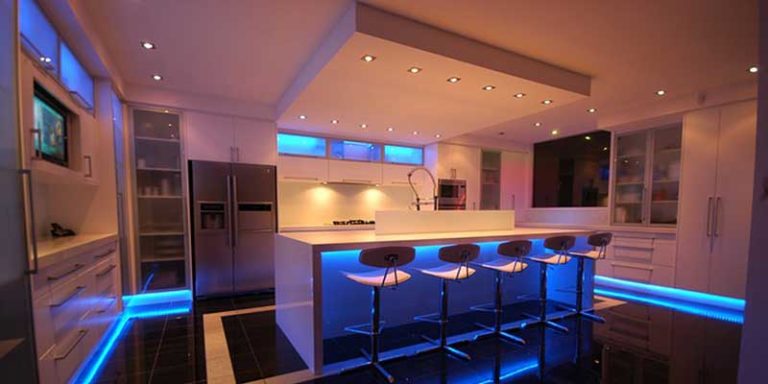

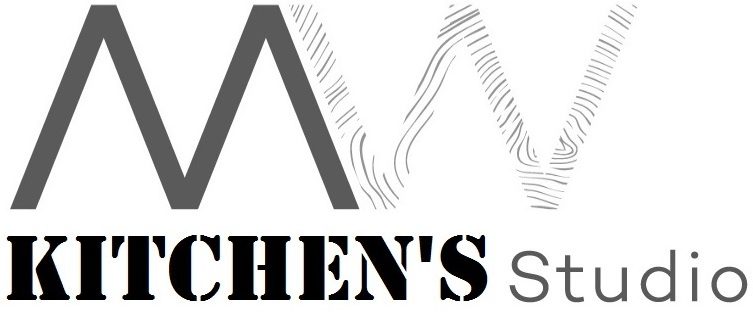




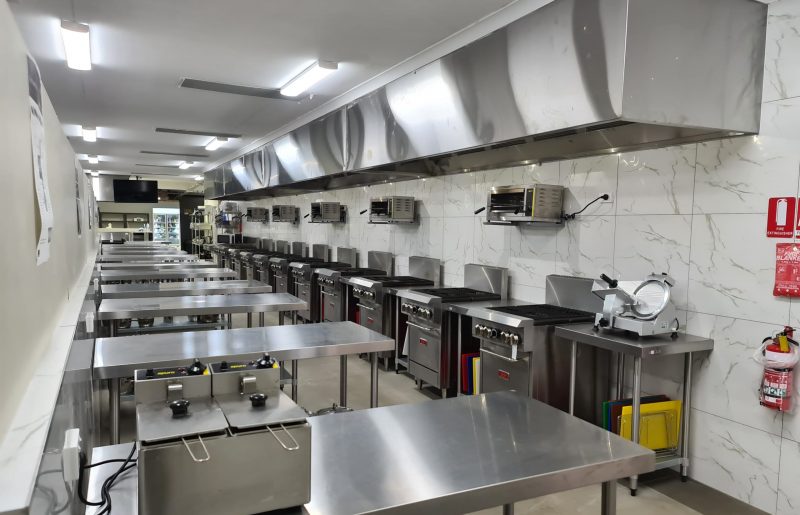
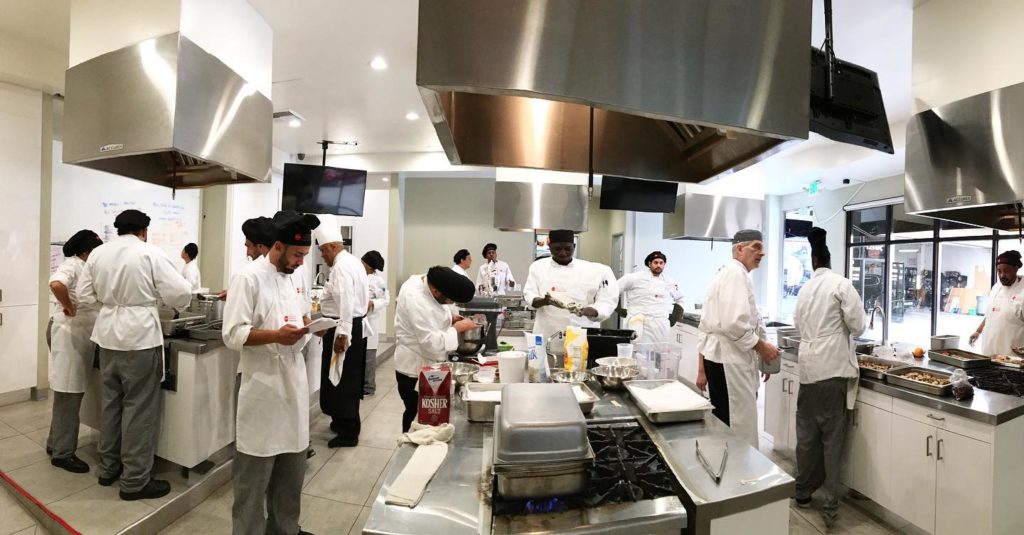







.jpeg)





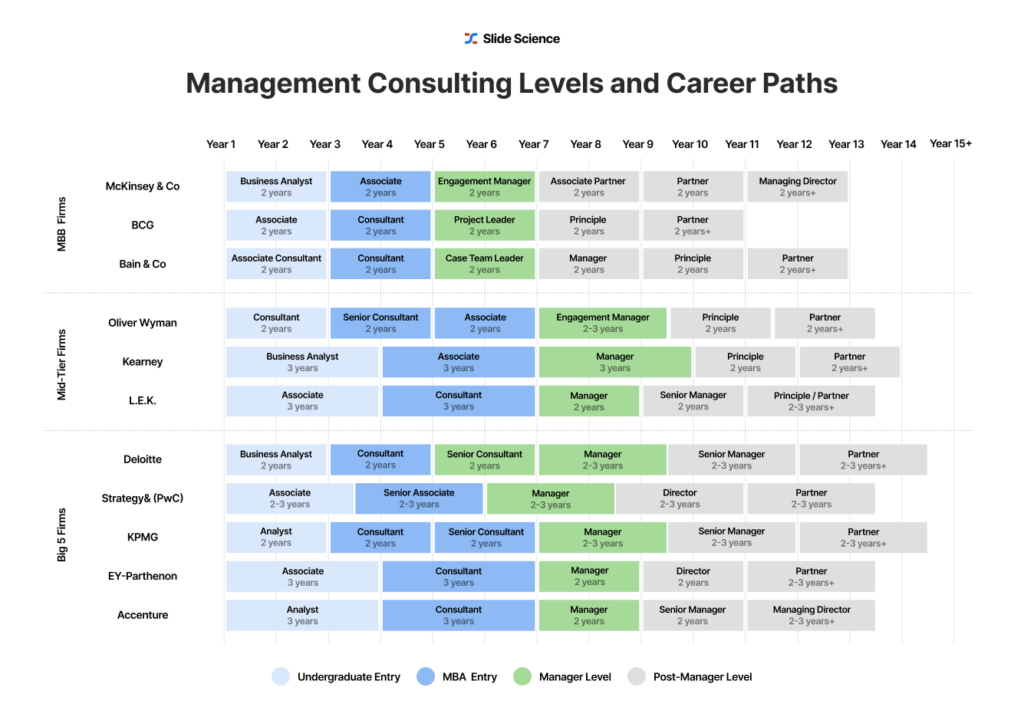



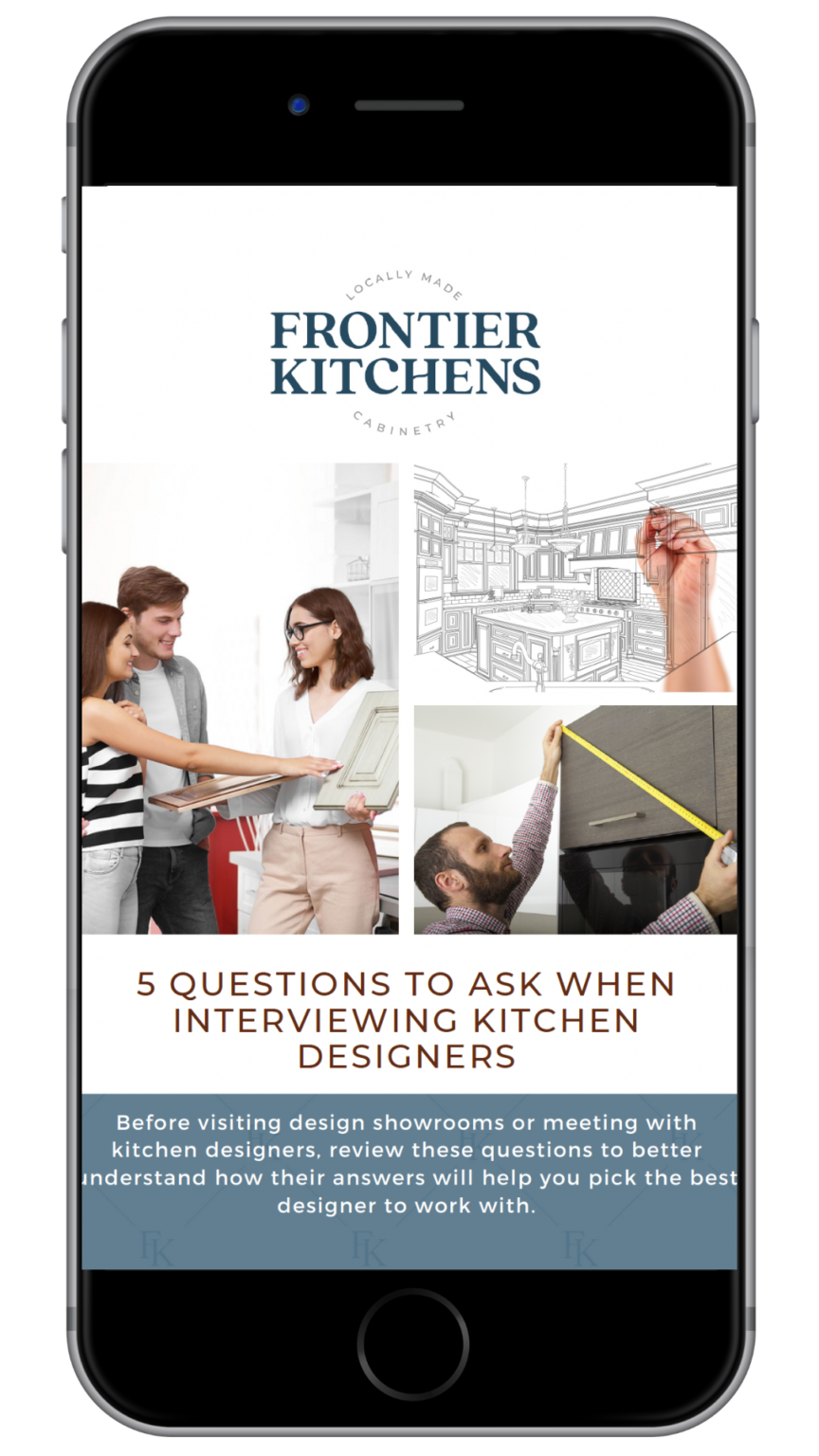




:max_bytes(150000):strip_icc()/graphic-design-skills-list-2062400-v4-5c097df946e0fb00016ca363.png)
:max_bytes(150000):strip_icc()/sales-associate-skills-list-2062477-v2-5bc4c8dec9e77c0051cbb20c-c1975df4c3d84ebd86485a0f00619b3a.png)


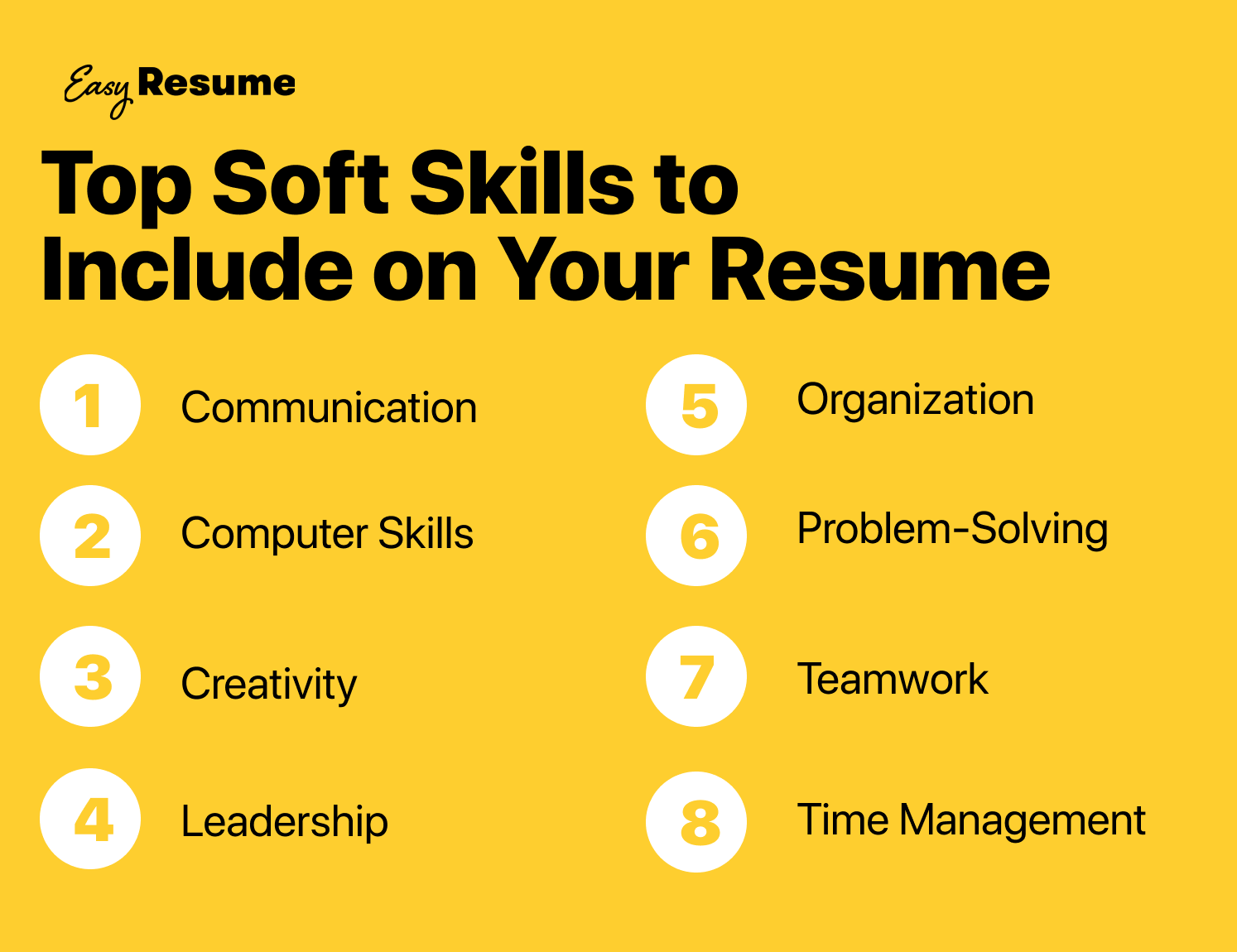


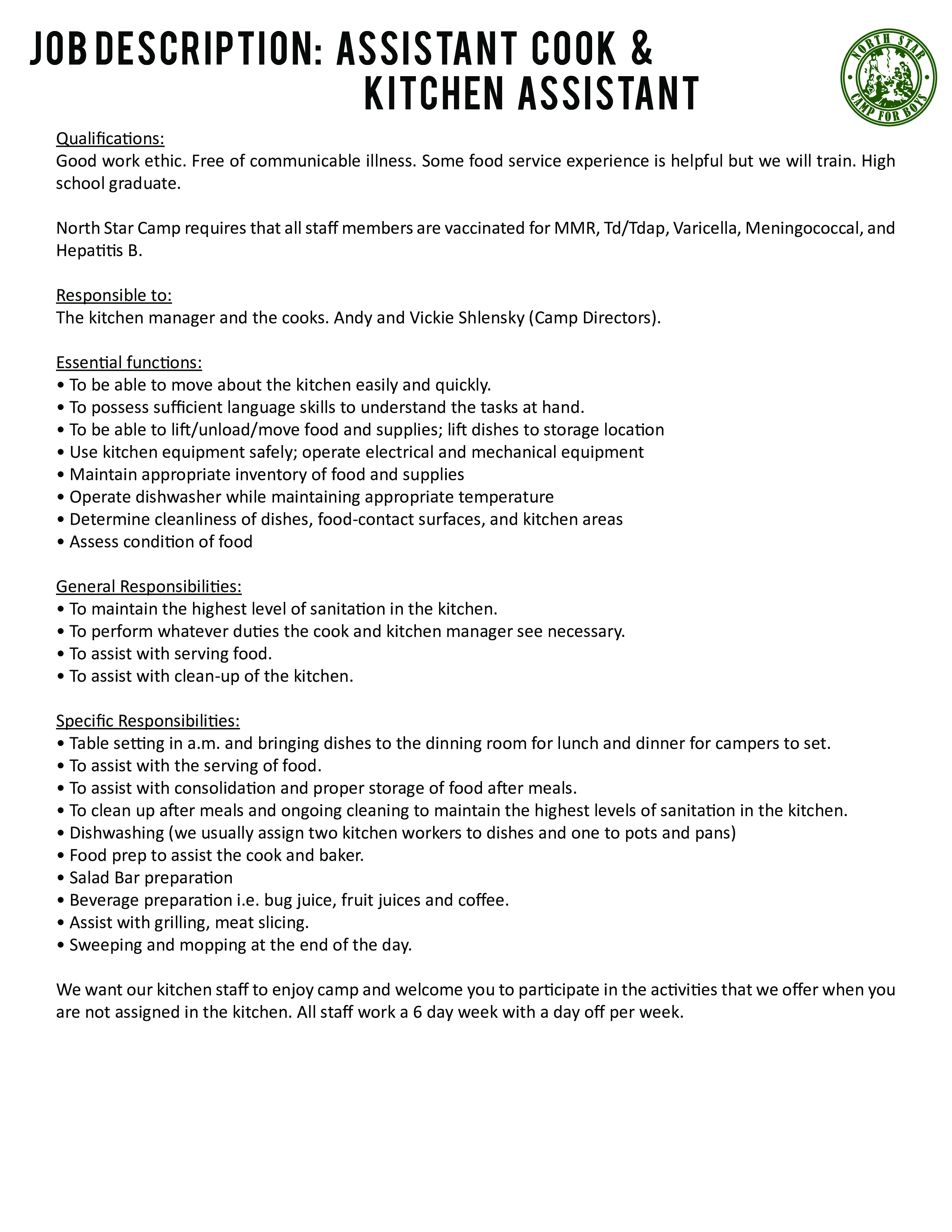

/cdn.vox-cdn.com/uploads/chorus_image/image/51351557/OUTLOOK_20dining_20room2.0.jpg)


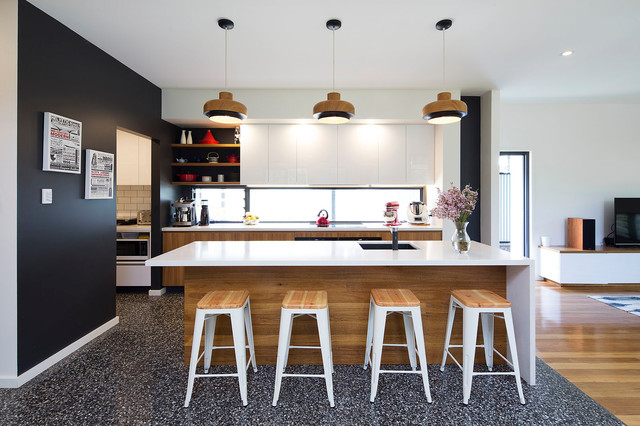












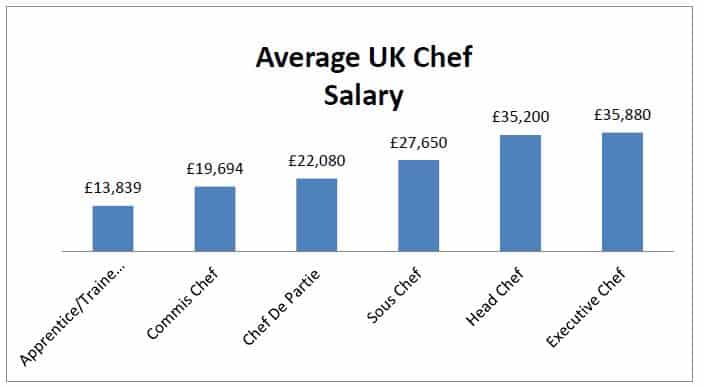

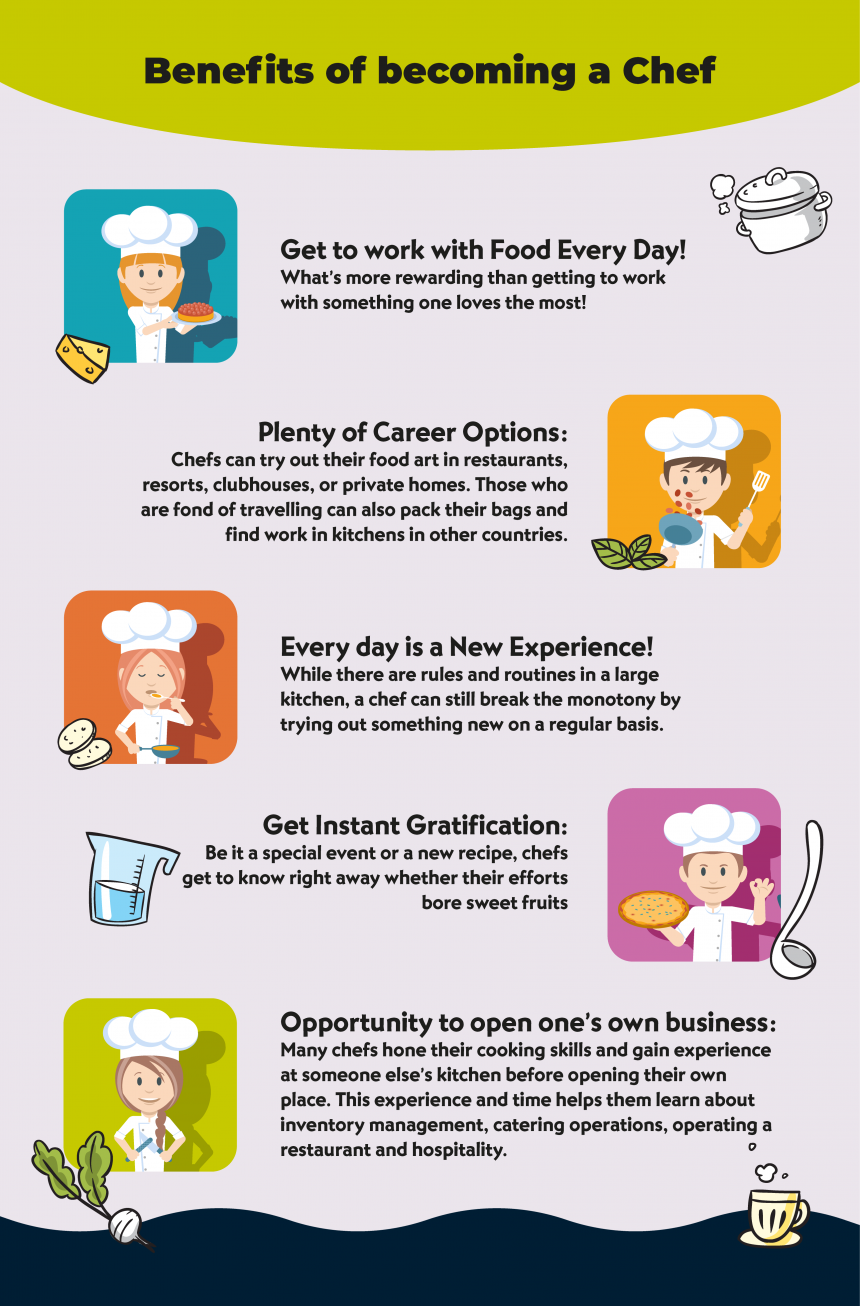
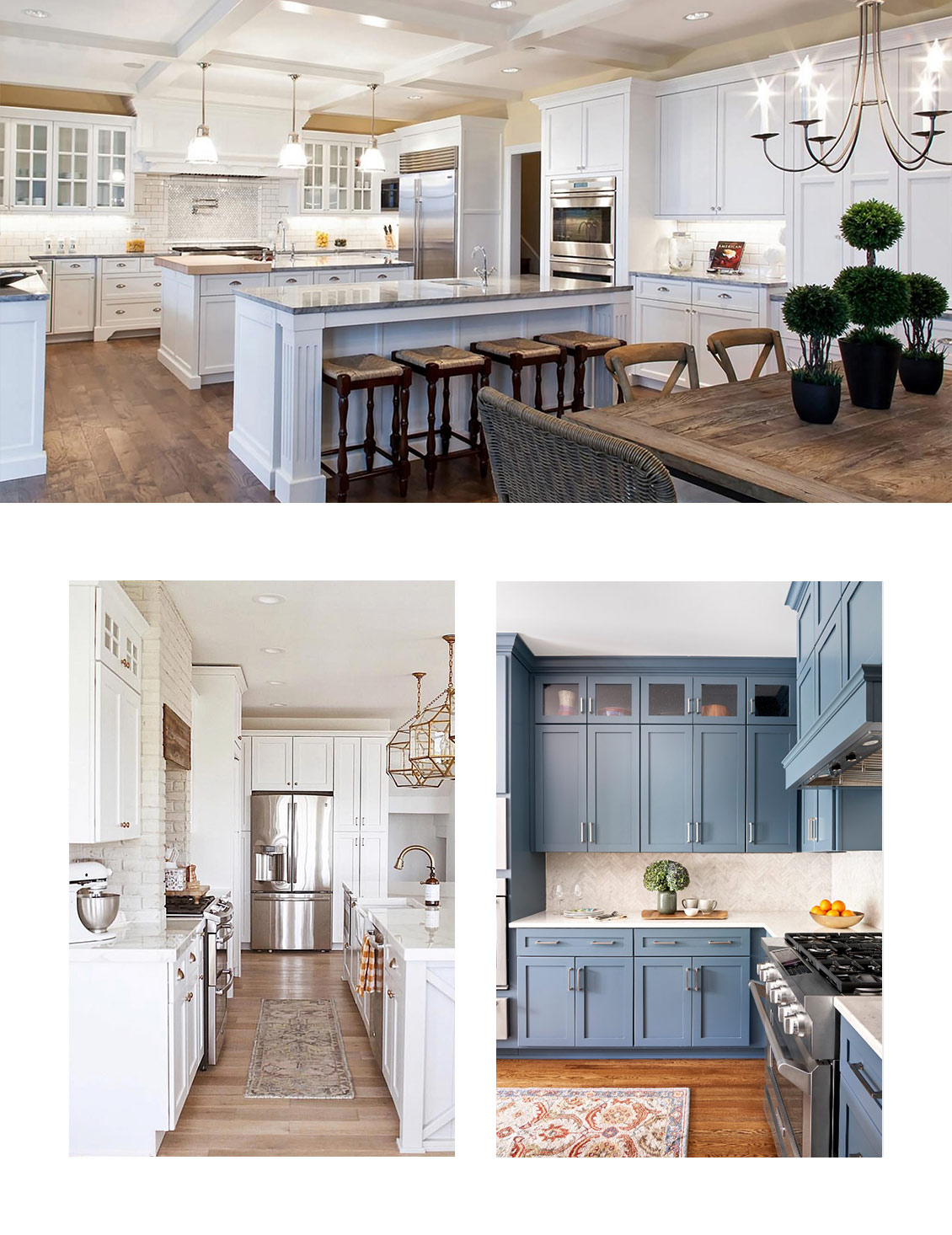
:max_bytes(150000):strip_icc()/helfordln-35-58e07f2960b8494cbbe1d63b9e513f59.jpeg)




